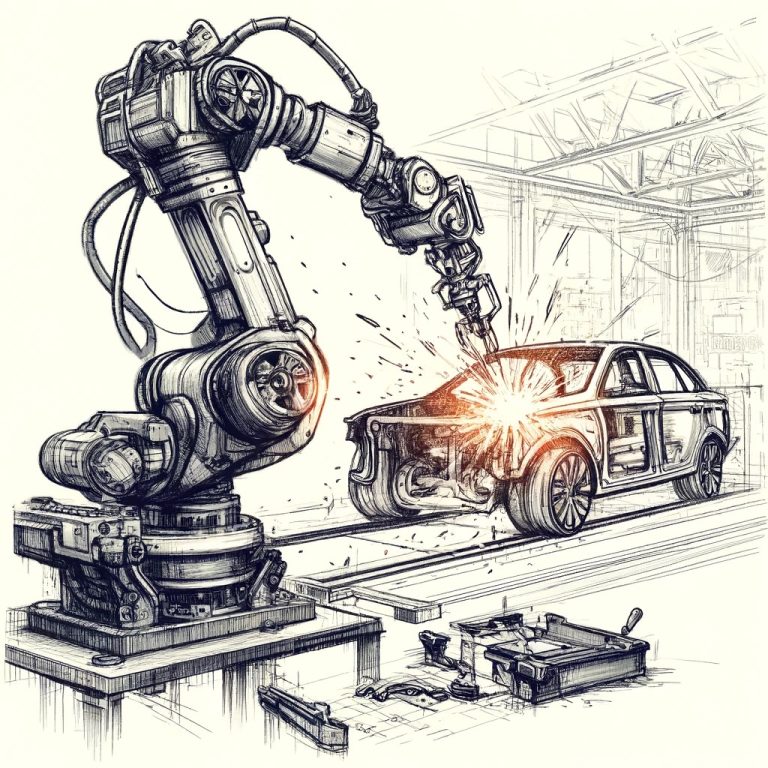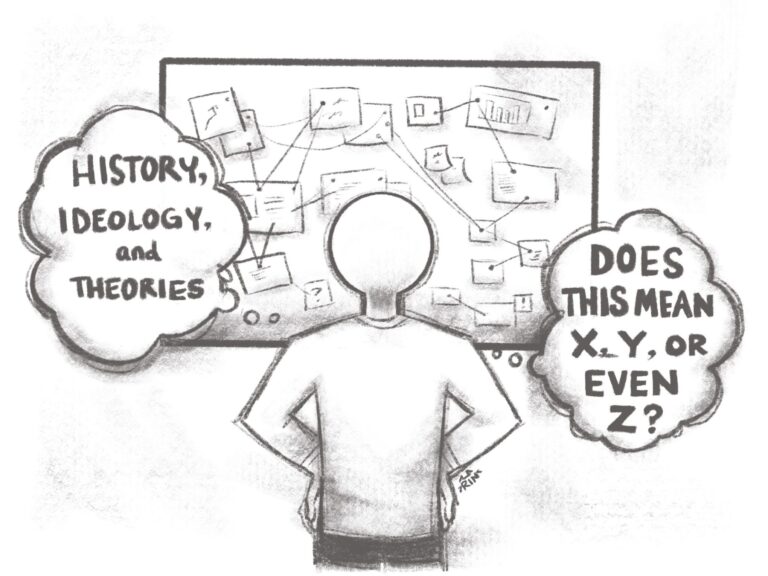Plans for The Prepared Mind: Rewired
I’ve been investigating and writing about a special level of complexity – wickedness – for about a year. As I’ve said before, wickedness, in this context, doesn’t imply evil—it means unpredictability, interconnectedness, and the absence of clear cause-and-effect relationships. In a wicked world: “Chance favors the prepared mind.” — Louis Pasteur Jean Egmon and I…








